ADDIS ABABA, Ethiopia—The African Union on Monday admitted Morocco as its 55th member, a decision that adds a powerful economy and a Western ally to the continental bloc and could stir one of the world’s frozen conflicts.
Instead of voting to admit Morocco as AU rules dictate, the African leaders who convened in Addis Ababa for their regular summit instead decided to debate the question and “reached a consensus,” according to several ministers who participated in the discussion.
[mc4wp_form id=”6042″]
Morocco withdrew from the AU’s predecessor—the Organization for African Union—in 1984, protesting the bloc’s decision to welcome the Sahrawi Arab Democratic Republic, a partially recognized state that claims the Western Sahara region ruled by Morocco as its territory, and considers Rabat an occupying force. The SADR controls roughly a quarter of what it says its territory is.
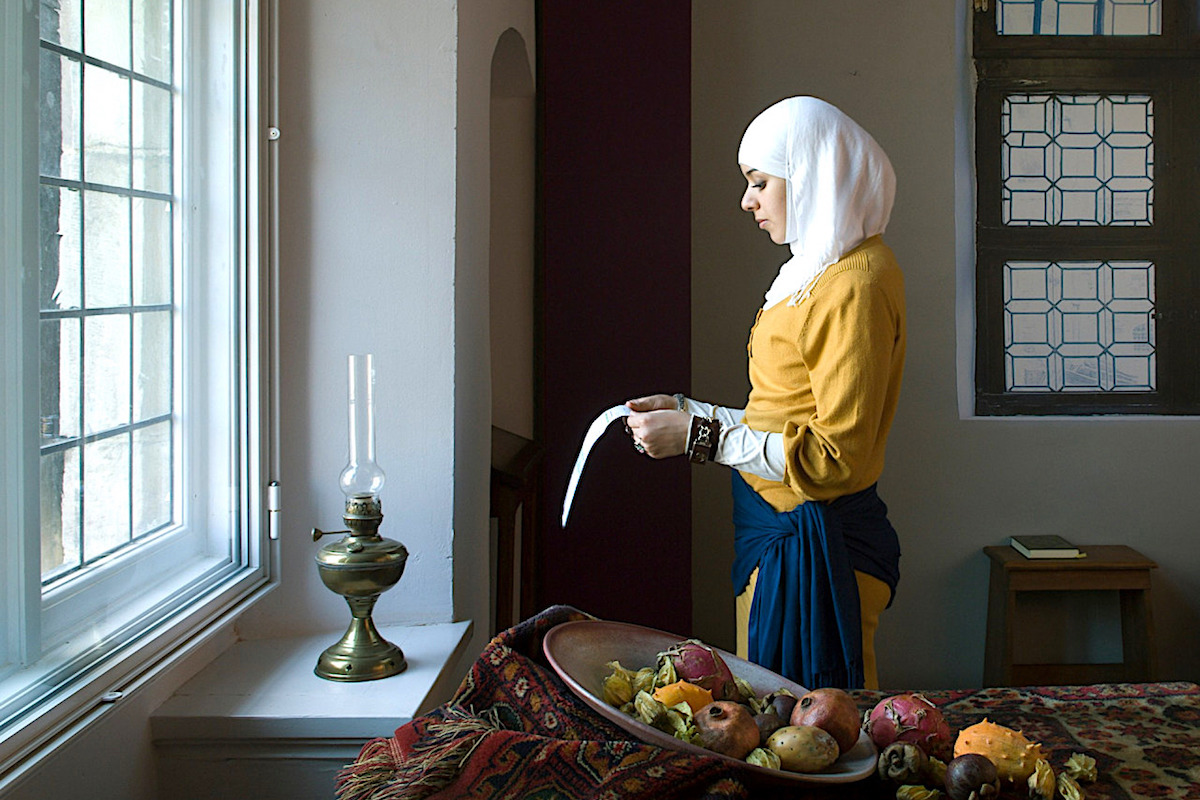
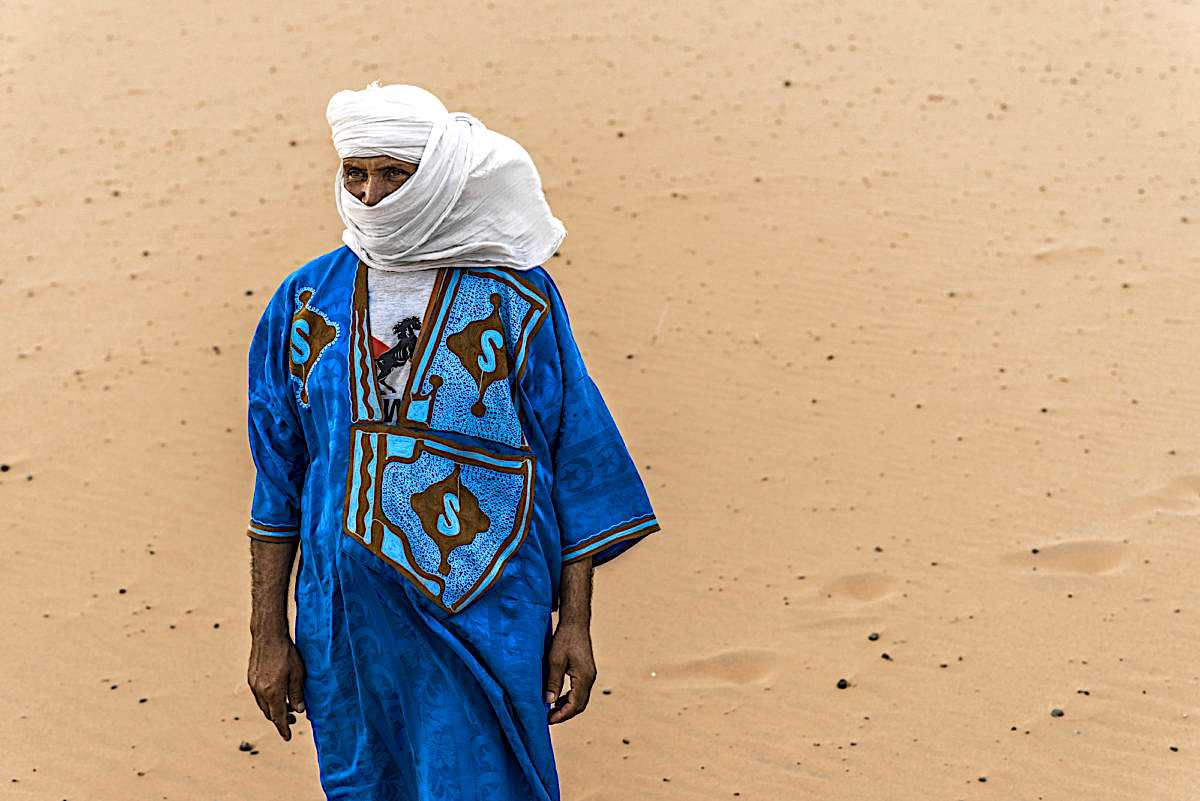
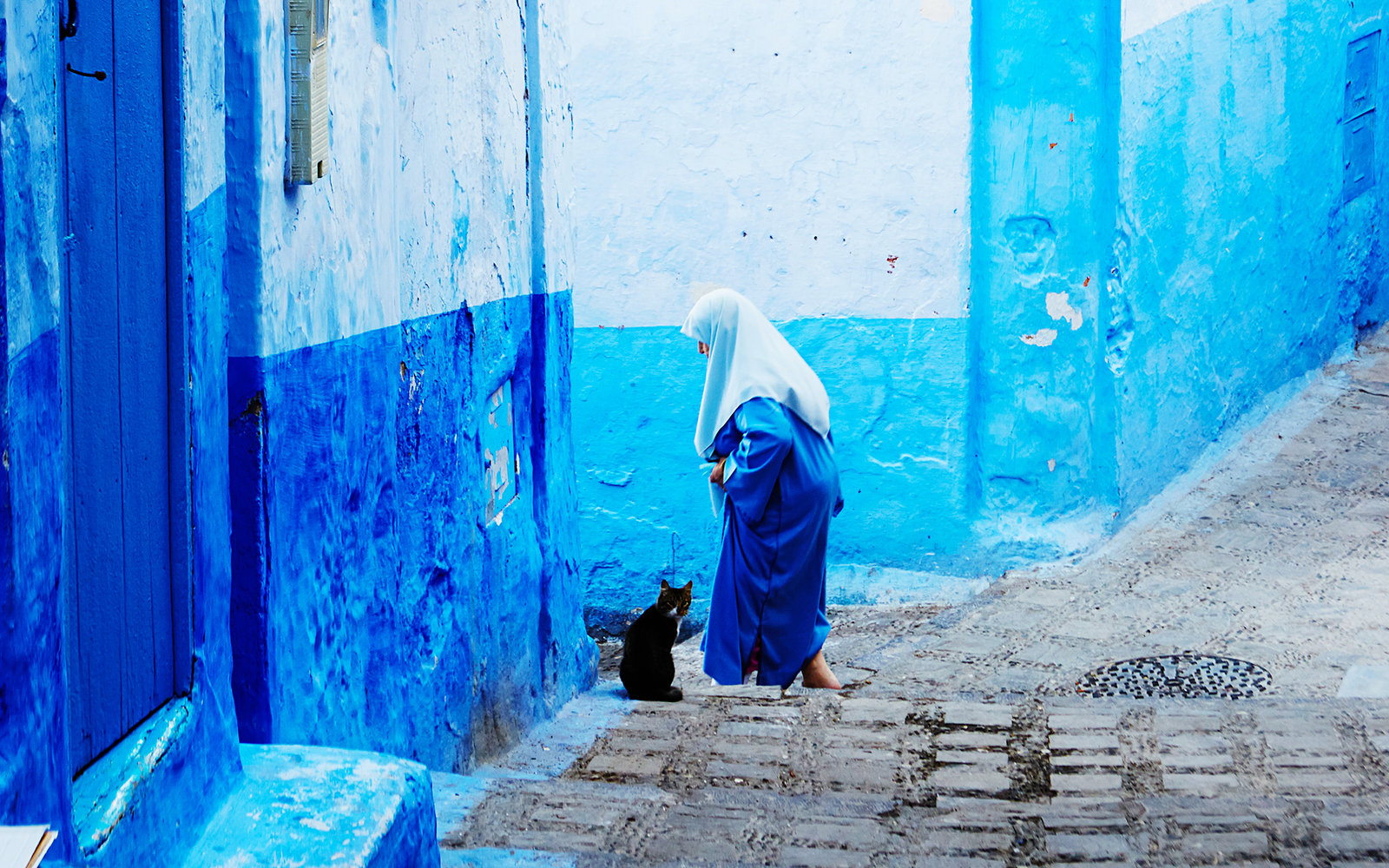
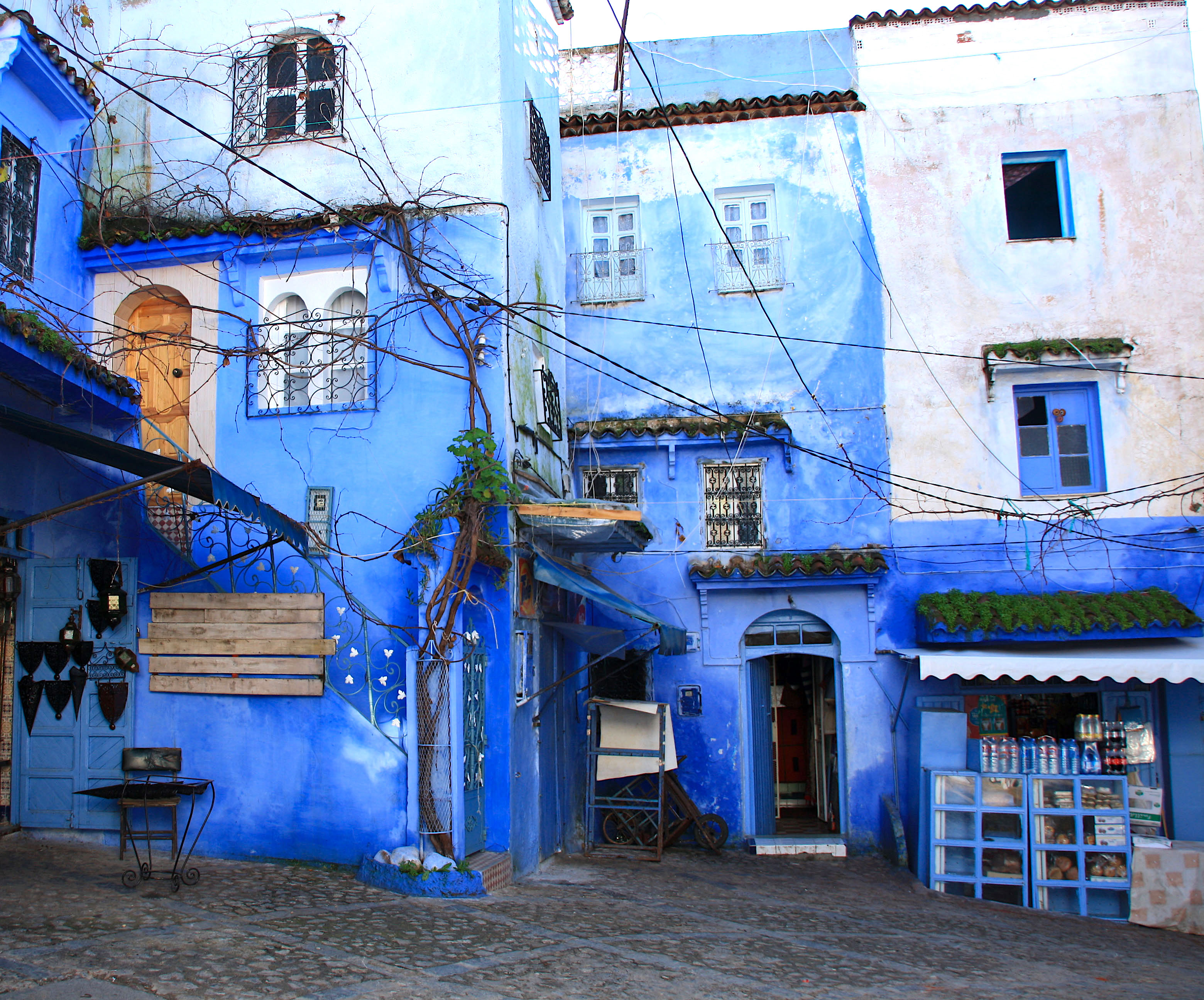
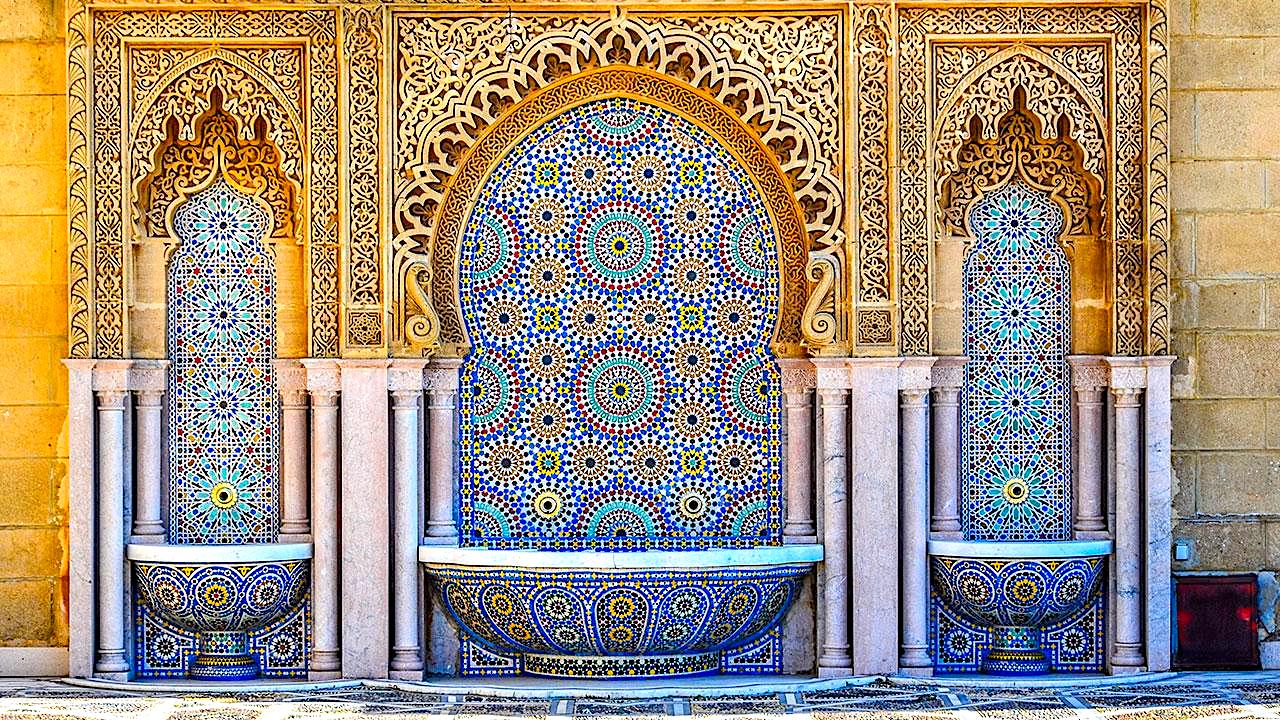
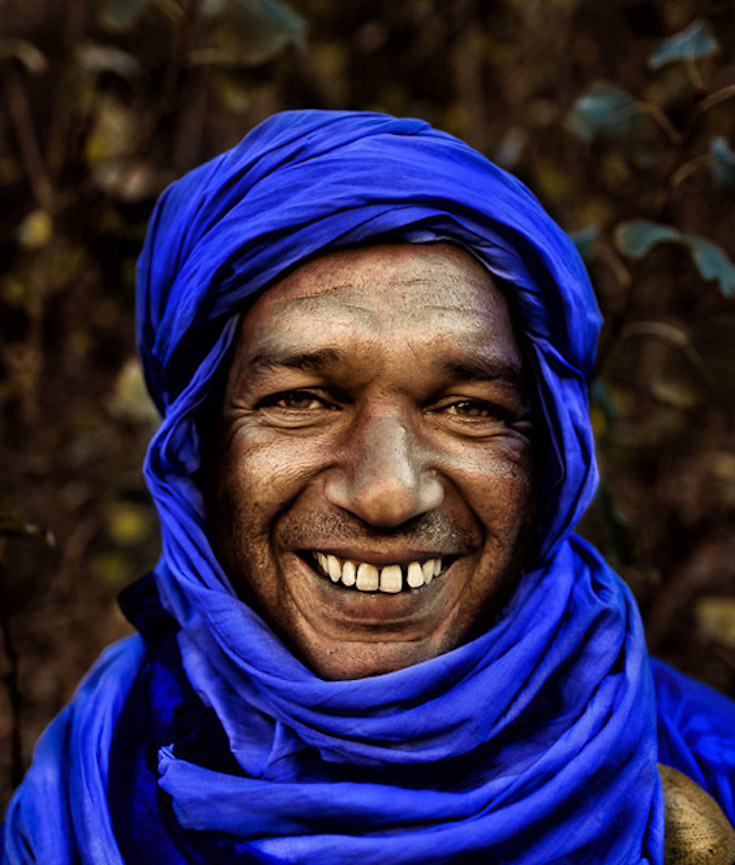
Morocco, officially known as the Kingdom of Morocco, is a sovereign country located in the Maghreb region of North Africa. Geographically, Morocco is characterized by a rugged mountainous interior, large tracts of desert, and a lengthy coastline along the Atlantic Ocean and Mediterranean Sea.
Morocco has a population of over 33.8 million and an area of 446,550 km2 (172,410 sq mi). Its capital is Rabat, and the largest city is Casablanca. Other major cities include Marrakesh, Tangier, Tetouan, Salé, Fes, Agadir, Meknes, Oujda, Kenitra, and Nador. A historically prominent regional power, Morocco has a history of independence not shared by its neighbours. Since the foundation of the first Moroccan state by Idris I in 789, the country has been ruled by a series of independent dynasties, reaching its zenith under the Almoravid and Almohad dynasty, spanning parts of Iberia and Northwestern Africa. Marinid and Saadi dynasties continued the struggle against foreign domination, and Morocco remained the only North-African country to avoid Ottoman occupation. The Alaouite dynasty, the current ruling dynasty, seized power in 1666. In 1912 Morocco was divided into French and Spanish protectorates, with an international zone in Tangier, and regained its independence in 1956. Moroccan culture is a blend of Arab, indigenous Berber, Sub-Saharan African, and European influences.
Morocco claims the non-self-governing territory of Western Sahara as its Southern Provinces. Morocco annexed the territory in 1975, leading to a guerrilla war with indigenous forces until a cease-fire in 1991. Peace processes have thus far failed to break the political deadlock.
Morocco is a constitutional monarchy with an elected parliament. The King of Morocco holds vast executive and legislative powers, especially over the military, foreign policy and religious affairs. Executive power is exercised by the government, while legislative power is vested in both the government and the two chambers of parliament, the Assembly of Representatives and the Assembly of Councillors. The king can issue decrees called dahirs which have the force of law. He can also dissolve the parliament after consulting the Prime Minister and the president of the Constitutional court.
Morocco’s predominant religion is Islam, and the official languages are Arabic and Tamazight. The Moroccan dialect, referred to as Darija, and French are also widely spoken. Morocco is an influential member of the Arab League and a part of the Union for the Mediterranean. Morocco rejoined the African Union, after a long absence dating back to 1984 over the admission of the disputed Western Sahara to the African Union. It has the fifth largest economy of Africa. (Wikipedia).

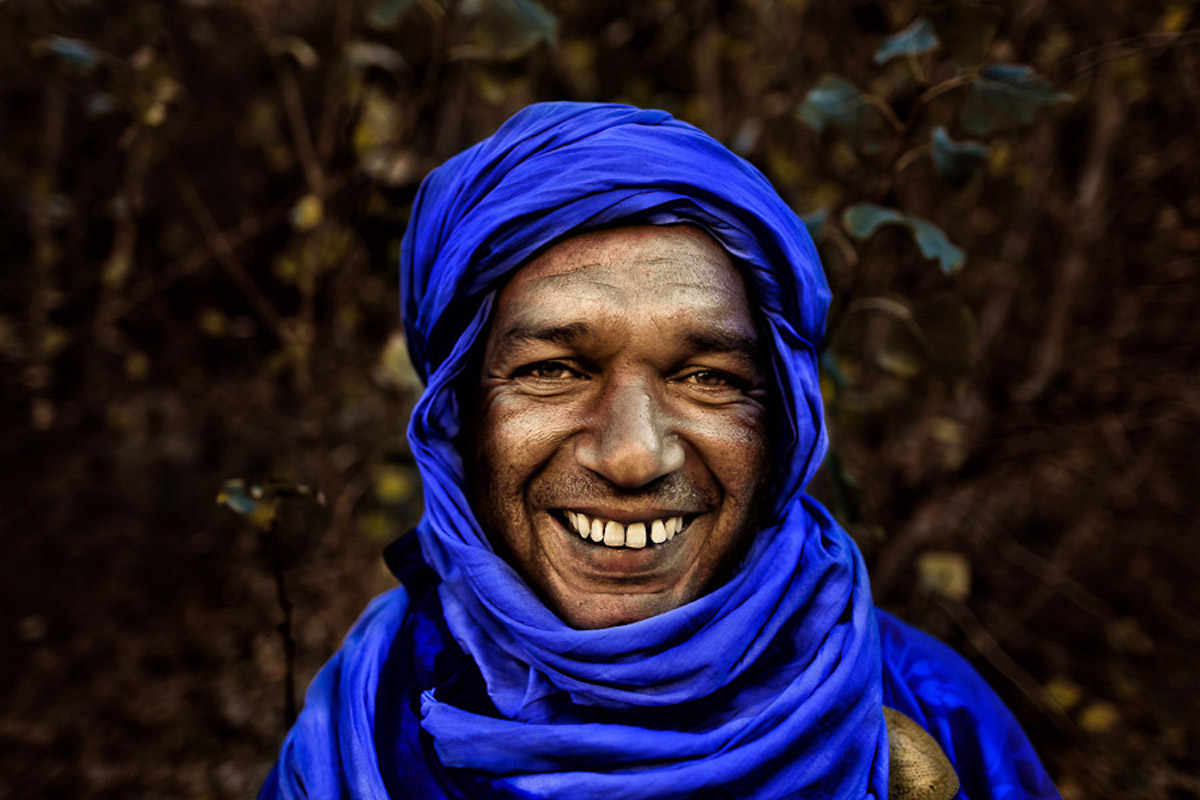
You must be logged in to post a comment.